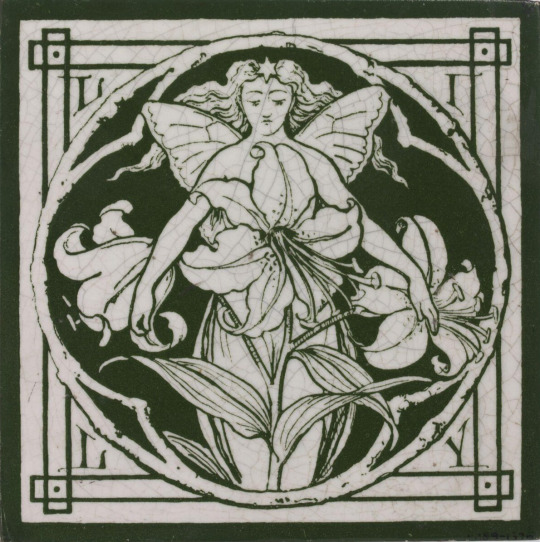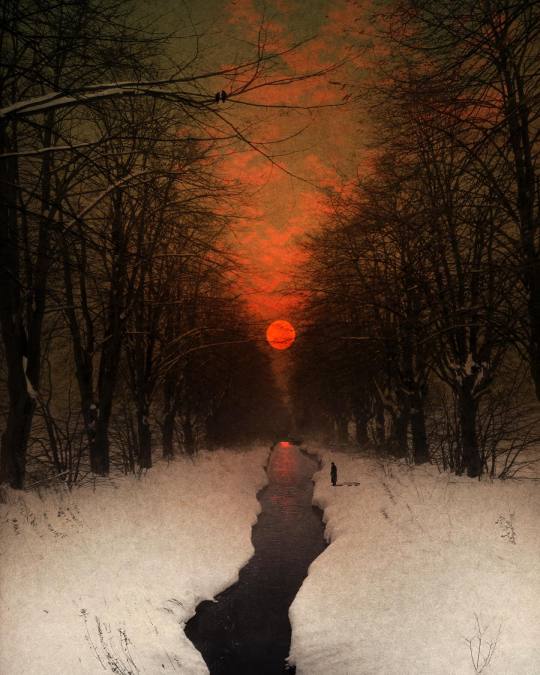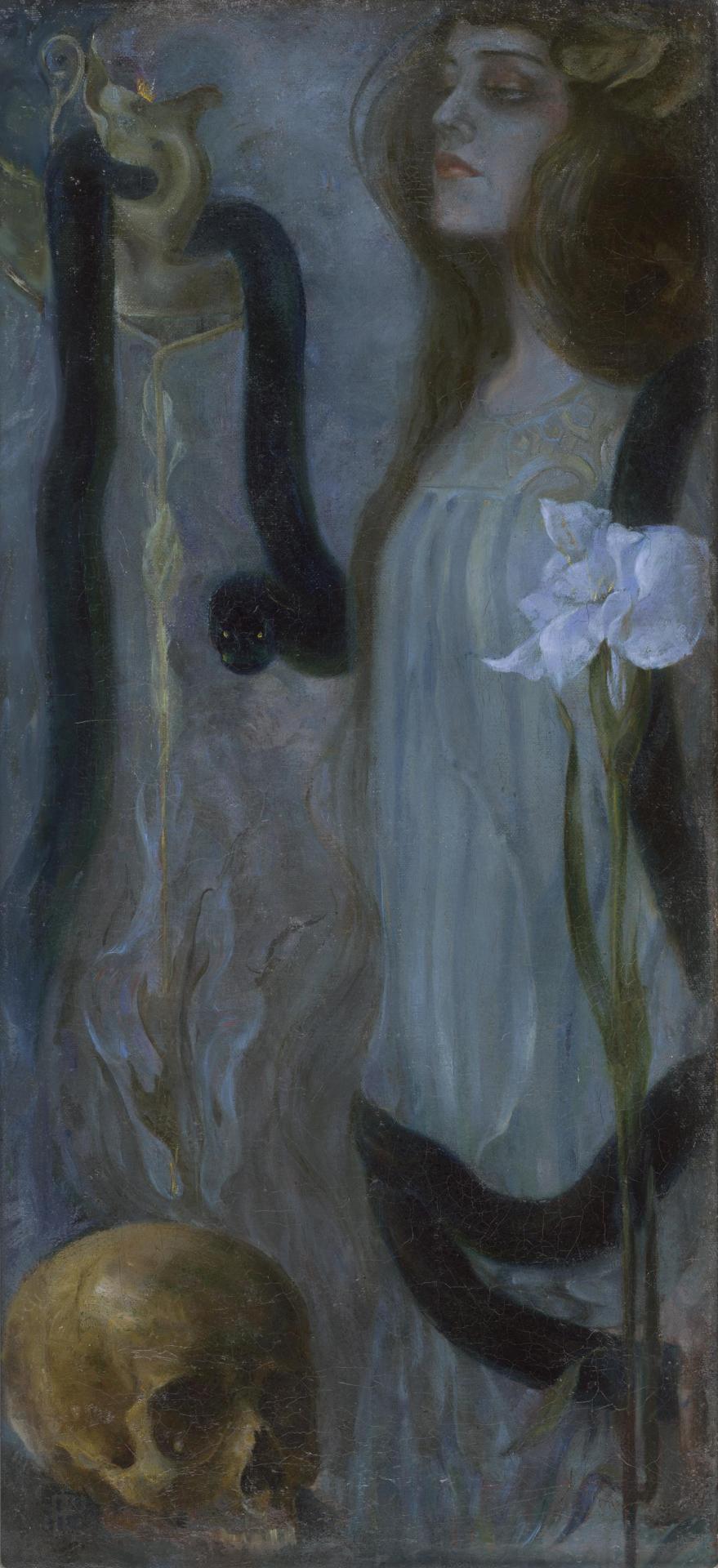A wandering spirit of the other side.He/Him.1993.NSFW.Horror. Occultism. Music. Smut. Occasionally cute stuff.
Don't wanna be here? Send us removal request.
Text
For my first bit of news, I am reworking the plot of Nightbound yet again. I will be retaining our heroine’s backstory, with the only revision being that rather than a substitute for Erzsebet Bathory, her tormentor and near-killer IS the historical Blood Countess herself, because why not? Perhaps I’m struggling to unmount my moral high horse, but I am weary of the mythologizing of figures such as her and Vlad the Impaler. These were not vampires or any other kind of mythical creatures, they were deeply delusional, tyrannical, violent, perverse human beings, nothing more. I don’t see many works of fiction where, say, Albert Fish was actually a boogeyman or a werewolf, despite the colloquialisms ascribed to him. Apart from that, it detracts from the sense of Otherness that I seek to reintegrate into the vampire. So, what I intend to do here more than anything is delineate the vampire from the mundane.
Much of the vampire fiction I’ve read and seen has stripped the vampire of much of its Otherness. There’s nothing wrong with that in and of itself. For literature, I enjoyed ‘Salem’s Lot, Live Girls, Children of the Night, among others; film, I loved the original Fright Night, Nosferatu (especially the 1979 and 2024 versions, with both serving as an inspiration), Near Dark, you get the idea. But these variations of the infamous monster are still too human (or at least, too this-worldly) for my liking. What I’m trying to do is distance the vampire from its humanity. When I say that, I don’t mean the way that, say, the 30 Days of Night movie adaptation did. Snarling, savage vampires with no personality traits apart from their hunger and the petty cruelty they engage in seldom ever serve as little more than obstacles. Getting to the point, though, what I mean is that I want to make my vampires into avatars of the uncanny. The otherworldly. Demons that, in time, will cease to be human in all but appearance. I want the reader to get a sense of dread from them, the same sort of dread one would get from the creeping eldritch horrors of H.P. Lovecraft, and perhaps something other than that.
I want to keep most things about the story under wraps, but there's still some elements that I'd like to share, particularly in regards to my take on the vampire.
Becoming a vampire is quite different from most methods you may already be familiar with (the bite, the exchange of blood, etc), and has more roots in the original folklore than it does in Bram Stoker or any other authors of the Romantic era. Some become vampires through means of the darkest sorcery, which will inevitably cause their bodies to waste away so they may return from their graves. But for others, they have to be killed by another vampire and buried in the same unconsecrated ground. In their descent to the underworld, the demons within the soil will tear their soul asunder, scattering the dismembered pieces until they find a home within the vampire-to-be's family members or loved ones. From here, the vampire must travel by night to the physical plane and astrally drain their family members in order to be reunited with each fragment of their soul. The astral draining manifests on the physical plane as the body being drained of blood. Many will not be able to endure the weight of guilt this task would bring and choose to stay trapped in the underworld, but those that follow through merge with a demonic consciousness that has latched onto their shadow, and may walk the earth by night once again.
These vampires don't disguise their appearance the way the ones from Buffy and The Lost Boys do, because both their "human" appearance and their vampiric appearance coexist at the same time. In darkness or in dim light, they'll manifest as they did before they died, albeit paler than they were in life. In brighter light, they'll appear as a rotting corpse with any number of disfigurements, from open wounds to bloating to flesh crawling with maggots to the stench of decay. The idea here is not that the light reveals the monster's true form. Again, both forms exist at the same time, but it's only in darkness that one can see the vampire's beauty, while in the light, one is forced to face it as an undead creature. Many will spurn the vampire on this basis, but one who is drawn to Nightside will welcome the demon. Further, the intention behind this is to reconcile vampire as both a thing of beauty and a thing of horror, and to further blur the line between the two.
They are semi-corporeal, meaning that they can walk among the living, are visible to them and can be touched, but they cannot be physically harmed, at least while "awake." During the day, their spirit is bound to their rotting corpse, which, if properly destroyed (using the traditional methods, a stake made of ash wood or other traditionally "sacred" wood piercing the heart, followed by decapitation and cremation), will exorcise the half-demonic spirit from the corpse, though it may possess another corpse within the vicinity to avoid being banished back to the underworld. They are ONLY able to possess corpses and not living humans or animals, unless they are summoned for that express purpose. Some older vampires may eventually destroy the corpse and become free of its bondage, free to roam the lands unhindered.
Being partly astral, the vampire can change shape into nocturnal and crepuscular predators such as — you guessed it, though certainly not limited to — bats and wolves, aspects of the primordial darkness from which their hunger is begotten. Additionally, they can manifest their own articles of clothing, usually something that would be visually appealing to their prey. In addition, being one with their shadows, they may take on its shape, causing their prey to endure horrific nightmares while asleep, and into catatonic terror while awake.
Direct sunlight does not kill them, rather, it banishes them back to their grave, and to the body in which they must sleep by day, during which period, they venture through the underworld. Crosses repel them, not because they fear the light of God, but because the cross is a symbol of the human need to impose order (Dayside) upon chaos (Nightside), just as Christianity has sought to stamp out any so-called blasphemous and heretical cults that existed long before its own inception, often at the expense of the natural world, which is much closer to the Nightside than the safety of civilization.
Unlike some recent media such as Vampire: The Masquerade, these vampires don't have their own secret societies. While a fun idea for many works of fiction, it gives the vampire too much humanity. My vampires are already very few in number (which, let's face it, is in no small part due to their means of reproduction being quite inefficient. As such, there's no looming threat of a vampire apocalypse, either, but I digress). While most of them are certainly not anti-intellectual creatures, they rely primarily on instinct and common sense to survive and keep themselves hidden from the human herd. Perhaps a few may operate in clans, covens, nests, or whatever you want to call them, but most of them tend to haunt their feeding grounds alone, or work independently of others of their kind.
Drinking blood is needed not just to sustain the rotting vessel to which they are bound by day, but as a sacrifice for the demon-consciousness to which the vampire is symbiotically bound, so that it may continue to manifest itself on any given night. As such, the process of feeding is oftentimes ecstatic.
Over time, the vampire becomes less and less human and more demonic, perhaps eventually forgetting that it ever was human. In the end, the only thing remotely human about them will be their appearance, both as a rotting corpse and as beautifully and deathly pale. But even then, there will always be something inexplicably unsettling about them.
So, that's what I have down so far. Maybe I shouldn't have divulged THAT much, but I wanted to get my ideas out there. I'm thinking of going the extra mile to write this story. To make it into more than just another vampire story. To craft it into a communion with the Other.
1 note
·
View note
Photo
Happy Leland Melvin Day!!!!!!
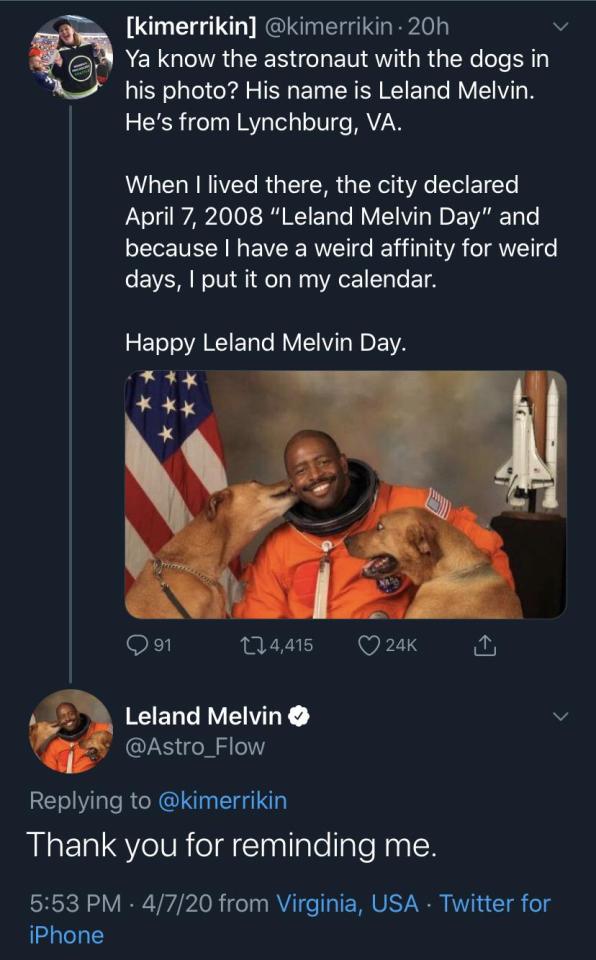
Happy Leland Melvin Day!!!
110K notes
·
View notes
Text
It’s been some time since I last posted here. Maybe I’ll start using Tumblr more full-time, because I’ve drastically reduced my exposure to Facebook and Instagram but still have thoughts I would like to share. Thoughts that may end up being better suited for an audience that doesn’t know me or can’t identify me. Truth be told, I’ve come to loathe most mass attention drawn to me. Being observed, acknowledged, treated like I have the solution to everyone’s problems, it’s become exhausting. Likewise, most of my efforts to be reasonable and explain my rationale in detail have gone ignored or unheard by some myopic individuals, and I find myself equally tired of being unheard when it’s important that I am heard. So at this point, some anonymity would be preferable to being even marginally close to the center of attention, though that won’t stop me from sharing my ideas with strangers.
1 note
·
View note
Photo

The English Dance of Death, from the designs of Thomas Rowlandson, 1903
2K notes
·
View notes
Text
Originally posted on my Facebook. For once, I felt bold enough to share these views with my name attached to them.
I used to think of Death as gentle, as an end to pain. Not so. Death divides, and she also unites. In that division, there is still pain. The pain of letting of go of life for the dying, and letting go of the dead for the living, and the strife that comes with doing so, in which Death propagates. I do not speak solely of the death of other beings, but of ideals, relationships, sources of comfort. The natural response is to fight back, causing further anguish. Rage against the dying of the light. But in so doing, one limits oneself for all that may come to bloom when Death inevitably comes. Such resistance is unavoidable, and there is nothing wrong with that, but there is much in the depths that is worth exploring. This is the ever-present alchemical stage of nigredo.
As much as I wish I was in more of a celebratory mood tonight, I think I have pushed myself to my limit with my extroverted activities. Can't really bring myself to do much more than watch a movie or two, hand out candy, and conclude the month the same way I started it, by listening to Tribulation's underrated and regrettably forgotten album, The Formulas of Death. In the meantime, here is a lovely piece that I recommend listening to, in the spirit of the season.
Happy Halloween and Blessed Samhain.
1 note
·
View note
Text
Once, I was a follower of the light, if only ostensibly so. In my youth, I attended a church in my small suburban town. The congregation ranged from liberal to progressive, and many of them didn't even believe in Hell or demons. This contrasted with my own beliefs quite starkly, which, while not completely fanatical, still edged dangerously close to the realm of "fire and brimstone" Christianity. My fear of Hell was very real, and it came from a number of other sources: fictional portrayals of the infernal plane, a friend who was held closer to fundamentalist ideals than I, and a hatred for Satan, who I blamed for all the evil in the world. There were times where I would offer prayers of gratitude to God, for blessing me with people and things in my life, but now, I realize how shallow my "faith" truly was.
The fundaments of my "faith" boiled down to not much more than a fear of eternal damnation for myself, and for others. I couldn't bear to hear anyone say "god" or "Jesus Christ" as an expletive, as per the common misinterpretation of one of the ten commandments, and would often react violently, in one case, violently enough the person I hurt had to go to the hospital. Likewise, when someone I cared for would threaten to kill somebody, I would try and talk them out of it on the basis that they would go to Hell if they did.
Despite this, I enjoyed surrounding myself with things that were tenebrous in nature. Since an early age, these things have been a lifelong obsession, to the point that it scared even members of the largely open-minded community of my former church, especially as my fascination deepened. Corinthians says that one cannot have a seat at the Lord's table and at the table of demons, and I have come to realize that perhaps there is truth to this. My obsessive fear and hatred for all things demonic clashed with my inclination towards all things dark, and I remained in denial of the fact that many of these things were intertwined. And, perhaps this fear and this fascination were one and the same. My aggressive attempts to "save" other people from Hell were, perhaps, just my own inability to reconcile these two conflicting sides.
Additionally, my fear was not exclusive to Hell. Indeed, I remember finding the ideas of Heaven and of God to be terrifying in their own right. Early in my life, I had some understanding of what it was to die. I would imagine God dropping ladders of rope from the sky, one for myself, one for my brother, and one for each of my parents, if I recall correctly. The idea frightened me. Further frightening was, in that very same church, after every dinner, we would sing a hymn that was unsettling in part due to the lack of an organ to accompany it, because of the inflections used, and because of the lyrics:
Spirit of the living God
Fall afresh on me
Spirit of the living God
Meld me, mold me
Fill me, use me
Spirit of the living God
Fall afresh on me.
I couldn't quite place what was so unnerving about those lyrics as a child, but now, I can. "Meld me, mold me/Fill me, use me" has disturbing implications about the nature of free will. As much as I may like to emphasize how my ideals are different from those of many of my Satanist peers, I still hold firmly to the belief that the entity known as the god of Abraham — if he exists — is an unjust tyrant, and that his efforts to hold dominion over humankind runs contrary to the doctrine that he gave us free will.
Teenage angst eventually overtook any fear of Hell that I once had, especially once the friend I had obsessed over, who I had thanked God for granting to me, had admitted to me that she no longer believed in God. The path I would take in return ended up being just as shallow, and led to me reveling in "sin" for its own sake, telling lies because I felt I could, and becoming even more aggressive, no longer hiding behind the fear that I would be punished for my wickedness, although traces of that fear still remained. While I recognize that I was completely out of control, and I'm not proud of many of the truly harmful things I've done, some of these "sinful" acts, I recognize now, served their purpose of freeing me from those convictions that only chained me.
When it comes down to it, my Christian faith was just a neurosis. Christianity was never the right path for me, but I know that I followed it for all the wrong reasons. But despite realizing the shallowness of my former faith now, I have no desire to return to it. Today, I have no real fear for my soul. I hold steadfast to my convictions now, although there are brief moments of relapse, of course, where I question if I'm really on the right path, or if I’m on track to be devoured alive and excreted, a worthless shell of myself yet again. These anxieties are always present, even if I don’t always feel them strongly. But I am more capable of combating them now than I was before. I know there is danger in walking the path of the nightside, but to me, it is the only path worth pursuing, and all I can do is prepare my mind.
0 notes
Text

Splendor Nigri Solis
I figure that I'm just anonymous enough on this blog to share this here. I've had an overwhelming urge to share my discoveries and revelations, but have been holding back because there is nothing to accomplish by attaching my name to them except for being mistaken for pretentious and vain.
Recently, I finished Stanton Marlan's brilliant The Black Sun: The Alchemy and Art of Darkness, and so many pieces fell right into place for me. Up until I finished the book, I'd long seen depression as an enemy to be conquered. But now, I'm starting to see that it is so much more than that. Can depression itself not be molded to benefit the sufferer? Is there no rapture in melancholy? No ecstasy in the worst agony? From this point forward, I may need to give a trigger warning for discussion of suicidal ideation and graphic descriptions of my intrusive thoughts.
All my life, I have lived and struggled with depression. Though I've seldom reached the point of wanting to end my own life, there have been occasions where such thoughts have passed through my head. Many of them, luckily, haven't been much more than intrusive thoughts, but they could get disturbingly vivid. At least once, while my mom was away on a vacation, I imagined my corpse lying sprawled out in front of the stairs, lying in a pool of my own blood from my slit wrists or throat, and her coming home to find me there. That is probably the worst my intrusive thoughts have been. On the other hand, there were times where I was edging dangerously close to planning my suicide, only to be unwittingly saved by the kindness of others. One such instance being when I was falling behind in my classes during my last semester of college, and I could hear Trent Reznor's screams of "KILL ME" from the song "Eraser" looping through my head while I considered blowing my brains out. As such, it doesn't seem unreasonable for me to have seen depression as nothing more than something to overcome.
But even before I read this book, I often felt traces of a joyous sensation at the beginning of my descents into melancholy. Indeed, only now have I begun to realize that this sensation is seductive in nature and led me deeper down into the darkest corners of my psyche. Not to destroy them, but to integrate and find unity with them, without being overcome. Such is the purpose of shadow work. In my case, I have often been thoughtlessly compassionate and empathetic, constantly offering assistance to others at my own expense. Now, though, I've come to realize that such acts have little to do with compassion or empathy, but rather, with a chronic need to be the hero, a la Agent Cooper as of the final season of Twin Peaks. Worse, it's a trauma response, a compulsion, or at best, pity, rather than authentic kindness. A means of garnering validation and gratitude, and a fear of condemnation if I refuse, rather than heroism by doing what seems to be the right thing. It is these notions of compassion that I have come to realize that I must kill in order to be truly reborn.
Now, make no mistake, I value empathy. It is a virtue that is absolutely mandatory for one's own development, for without empathy, one is condemned to needless suffering, and may spread this suffering to those they hold dearest, which I shall discuss later. But those aforementioned notions of empathy come solely from the ego and as such, are flawed, or at best, incomplete. That is why they must die.
It is important to note, however, that the line between suffering through the nigredo stage — the alchemical stage that corresponds to shadow work — and suffering through one's own stagnation which the nigredo exists to destroy. As of this writing, I have terminated five relationships this year alone. Three of these were voluntary (two possibly mutually voluntary), while two were involuntary, though I had previously wished to heal one of them. Initially, I was heartbroken over the ending of that friendship. This was one I had cultivated for nearly two years, and I have nobody to blame but myself for its end. I still regret how it ended. But with the passage of time, I’ve come to realize that it was not a good or even great friendship to have. Likewise, the relationships that I have terminated since then, I have come to care less and less and accepting of the knowledge that they needed to end. It should be noted that it was after I had endured great trauma that I parted ways with each of them, but another common thread among each of them is that I had made efforts to help them. To “save” them. Especially in a way that drained me, and further, that I felt compelled to do. In the end, though, my efforts were rendered meaningless. It was a complicated mix of things: in my misguided attempts to help, I would be faced with even more trauma, and my consequential trauma responses would serve as a detriment to the people I tried to help, as well as to me when they would reject my help.
I’d long tried to keep my feelings of revulsion, resentment, and hatred — all of them also manifestations of my depression — buried. Tried to deny them or sugarcoat them. When my efforts to help were rebuked or were later met with requests that would set me back, the raging stream would continue to crack the levee and create holes through which tendrils of the stream my could escape. Popular media, rational thought, and some “right hand path” brands of spirituality like to portray giving in to such negativity as an inherently bad thing, or as a sign of a weak will. But is it, really?
Marlan quotes Peter Tatham, who acknowledges that there "will be times when the pull of the black hole is too great and our attempts to avoid it will be of no avail. Then we may have to be mere witnesses to a violent ending of physical and/or psychological life. Then there is ‘no alternative but to submit to its embraces knowing what it means and without hope. There are some experiences into which we can enter willingly, while into others we can only fall screaming.’” Further, Marlan states, “The horror of such experiences breaks down our rational ideas and naïve visions of light and eternity.”
I realize that depression is just a chemical imbalance in the brain. That, like any mental illness, can drive one to do terrible things to oneself or to others. I have, myself, harmed others and destroyed friendships while gazing into the face of despair, and I take no pride in doing so. In the end, I only destroyed them like I did because I was delaying the inevitable. I refused to face the fact that these were things that were coming to an end. That they had to come to an end. That any preconceived notions that I had that these things would last forever in my life, stay as they were, were pipe dreams that were far more irrational and absurd than the horrors that would, in the end, liberate me.
But trying to give a name and a face to these horrors in the hopes they would one day free me from my pain and repression — both self-inflicted and otherwise — was a pipe dream in and of itself. I wanted to exact revenge upon a world that I felt had betrayed me, while having little understanding of just what I was bringing into my life. In the end, I traded one delusional worldview for another. It took me turning to violence towards another and facing the consequences to finally eventually realize that my way was wrong.
Years passed, I'd long since reconciled with the person I'd hurt while still feeling the pangs of profound remorse, my teenage years had finally come to an end, and I was finally feeling something like happiness again. But, as I should have learned by then, nothing gold can stay. Several of the foundations of my newfound happiness were not as rigid as I'd previously believed. Many of these foundations were other people who I'd come to love and appreciate like family. Most of them turned out to not be the people I thought they were, both literally and figuratively, but even when initially faced with this revelation, I denied it. I wanted so badly to retain their companionship. I couldn't bare to be faced with the knowledge that this world I'd built was still imperfect.
After that was said and done, as years passed once more, I kept falling into the same trap, in different forms. It all came down to believing I could find jubilation in other people, my accomplishments, and in my hopes for a better future. In the end, the result has always been the same: being left broken when faced with the truth, promising and giving more than I can promise or give, and paying for it in the end.
I see now that I've been putting too much stock in notions that have been ingrained in me from a young age. From the expectations that someone or something else, be that a person, a deity, a success, or even a concept could save me or shield from despair. While I have long held an adoration for the "darker" things in life — chiefly among them horror movies and literature, black metal, death metal, goth rock, etc — the idea of musicians and artists such as Per Yngve "Dead" Ohlin and Øystein "Euronymous" Aarseth of Mayhem embracing inherently negative ideals (and those who follow in their footsteps following suit, such as Erik Danielsson of Watain) has always been alien to me. After all, Dead was clinically depressed and believed that he was not a living person, while Euronymous embraced a nigh-sociopathic persona and drove his former bandmate to suicide, all in the name of a genre of music. But now, I'm starting to think that perhaps they may have found something, only to lose their way.
Where they and I differ is that I do not see darkness as any more of a savior or something to be served than light. Such an ideal is no better than what many Satanists — both theistic and atheistic — would call reverse Christianity. We project our own preconceived notions of good and evil, right and wrong, clean and unclean, strong and weak, onto the concepts of light and darkness and have been since the dawn of our species. But what so many fail to realize is that light and darkness are one and the same, and that light cannot exist without darkness. The black sun is, itself, an illustration of this duality, and while unlike its dayside counterpart, it cannot create life in and of itself, it can guide one towards creating life themselves. As such, I do not "serve" the dark. Rather, I grow to embrace the discomfort and thrive in its sinister yet benevolent glow. To embrace what I have been taught to reject. To face oblivion and see the beauty that lies therein. To see the truth behind the truth. To see despair as more than an enemy. To find my own splendor and joy. I grow disgusted with the sanctimony and hypocrisy of the dayside and its adamant rejection of all things of the nightside that can help one thrive. I choose to let them walk their path, but to paraphrase Jung in The Red Book, my path is not their path.
Depression has long been the ultimate taboo to me, and I am learning to break my own taboos. I will continue to take my medication, for I have no chance of thriving without them. Recently, when I ran out of medication and spent four days without it, I nearly lost control of myself. But even in that rage, I had a moment of clarity that brought me closer to realizing my own liberation. To who I really want to be. To who I really am. In summary, it is not about giving in to depression or despair for me, nor is it about having a weak will, but rather, about transforming it to break my chains rather than keeping me chained to what I misguidedly see as freedom. Accepting the end of things rather than dragging them out instead of allowing the decay to take its course. I would now like to close this long essay with a quote I found on the Facebook page The Shadow Self - A Journey into the Occult:
"In my view the shadow self should not necessarily be categorized as an Archetype and not just that which may be referred to as the darker side of the self. It is that which contains the true self beyond the persona which is bursting to be acted out but which has not been given permission by the self to do so, through lack of an arena or opportunity."
#shadow self#shadow work#left hand path#depression#taboo#stanton marlan#black sun#the alchemy and art of darkness
1 note
·
View note
Text
ATTENTION EVERYONE!!!!!
The person who reblogged this from me needs a hug. Reblog to hug the previous person. 💕
16K notes
·
View notes
Text
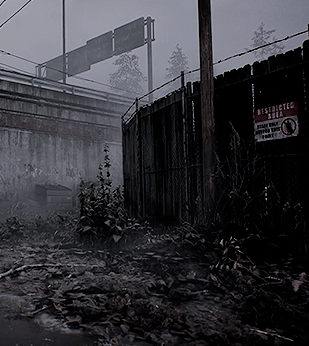
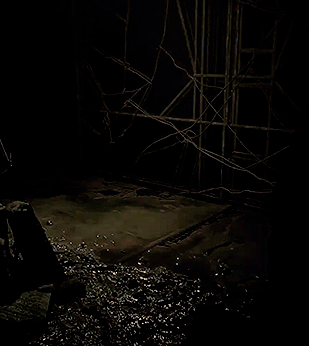
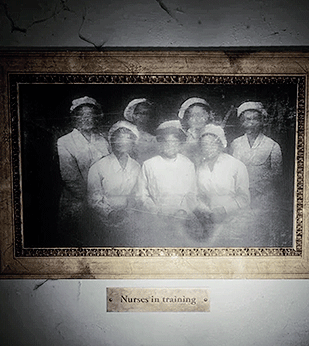
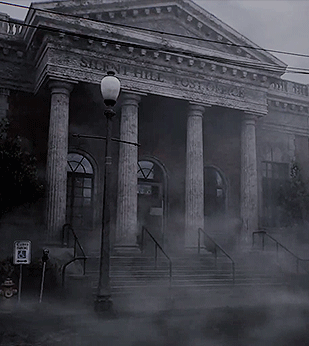
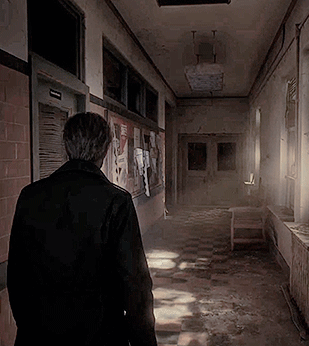
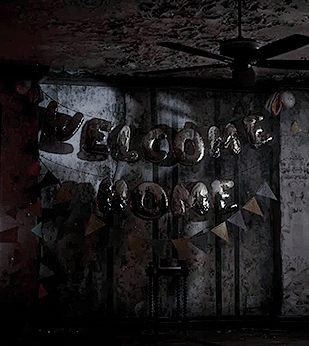
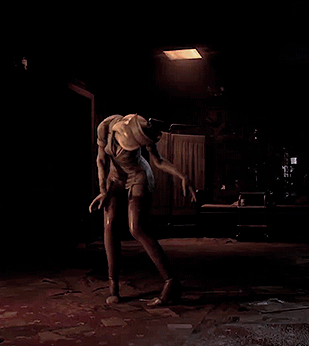
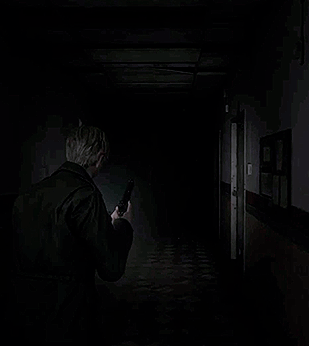
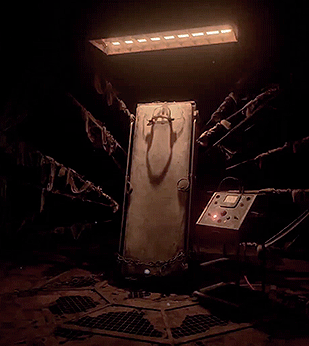
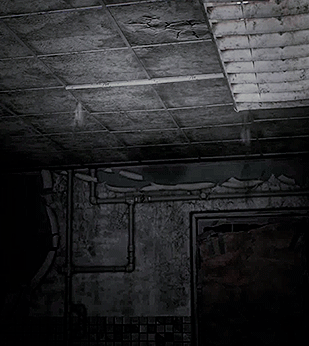
Experience a master-class in psychological horror... ―S I L E N T H I L L 2 REMAKE (08.10.2024)
7K notes
·
View notes
Text
Featured in the now-lost point and click PC game, Scratches.
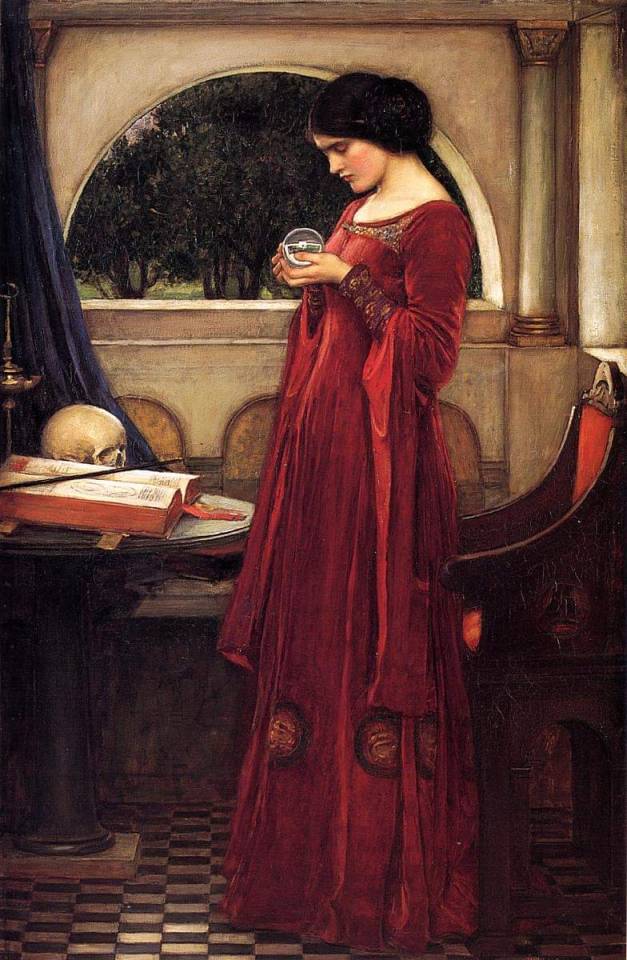
John William Waterhouse
The Crystal Ball (1902)
925 notes
·
View notes
Text
I miss this man so much 😭

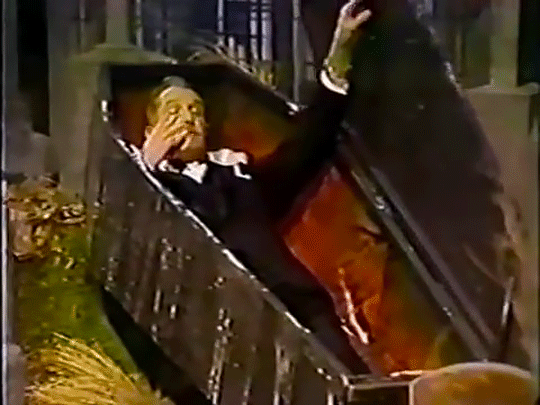
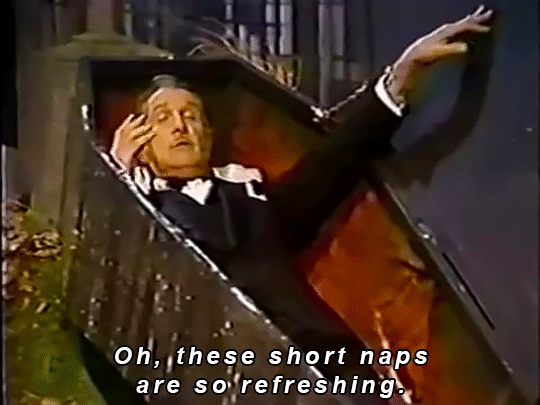
Vincent Price - Horror Hall Of Fame (1974)
6K notes
·
View notes

